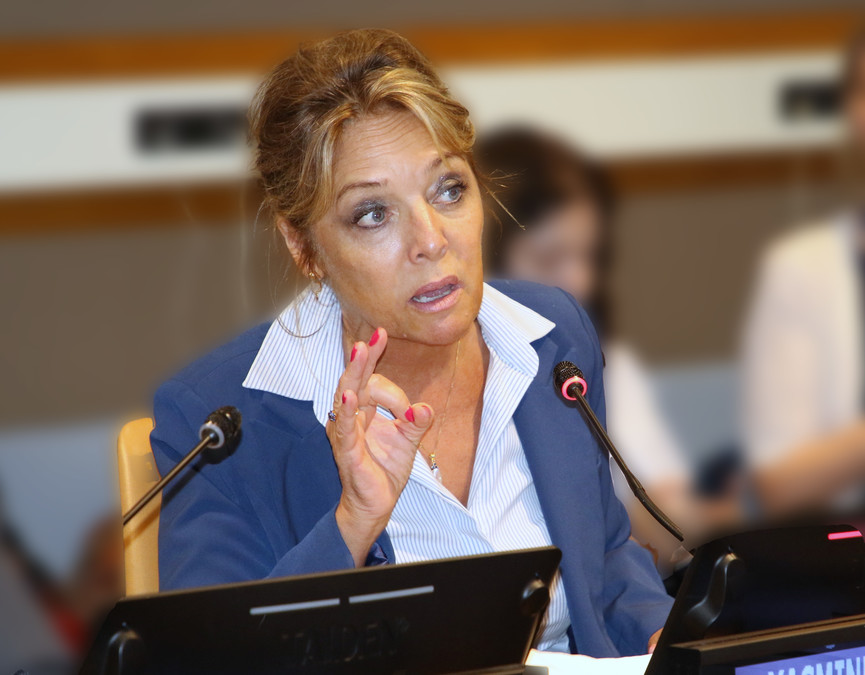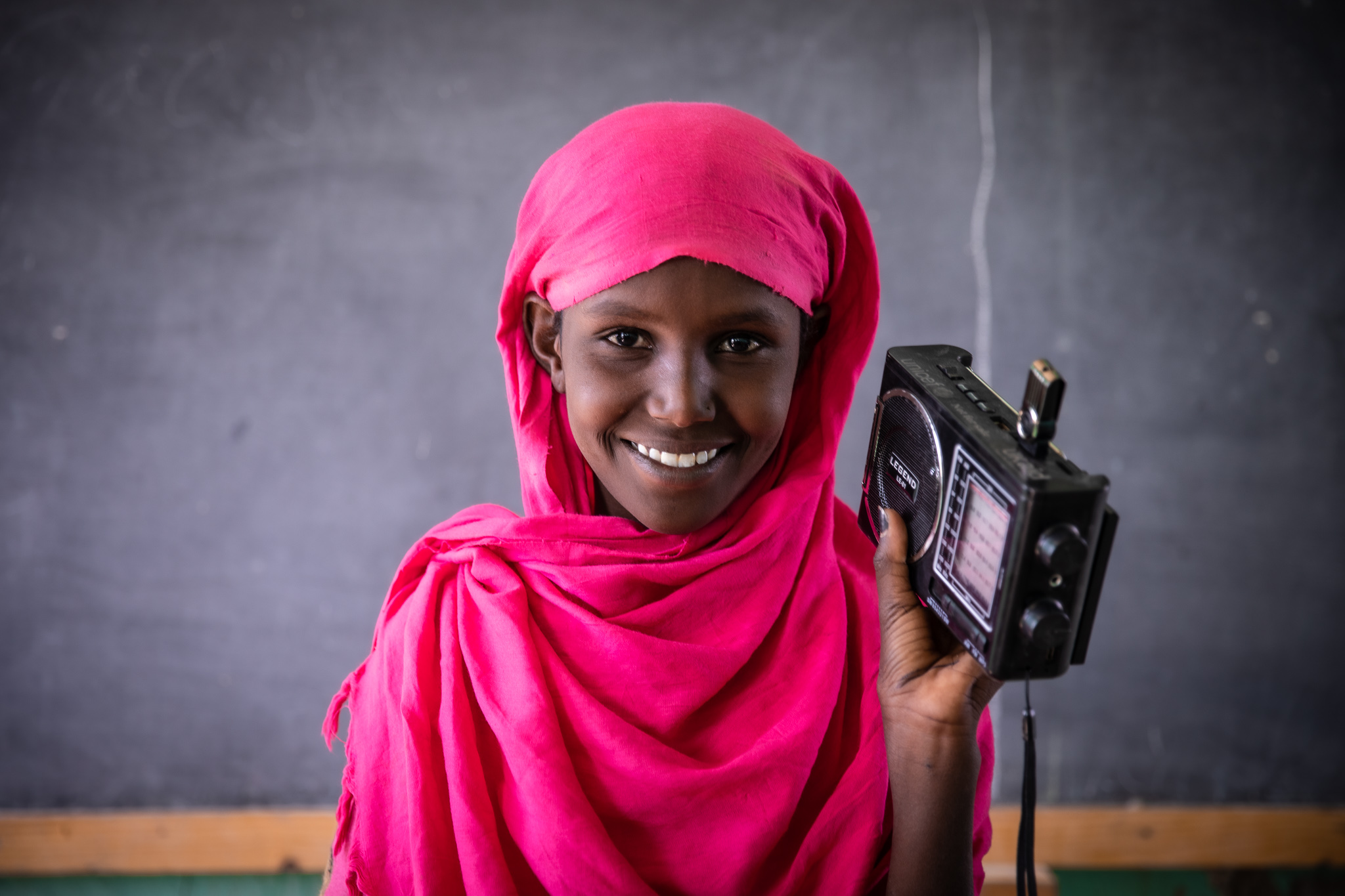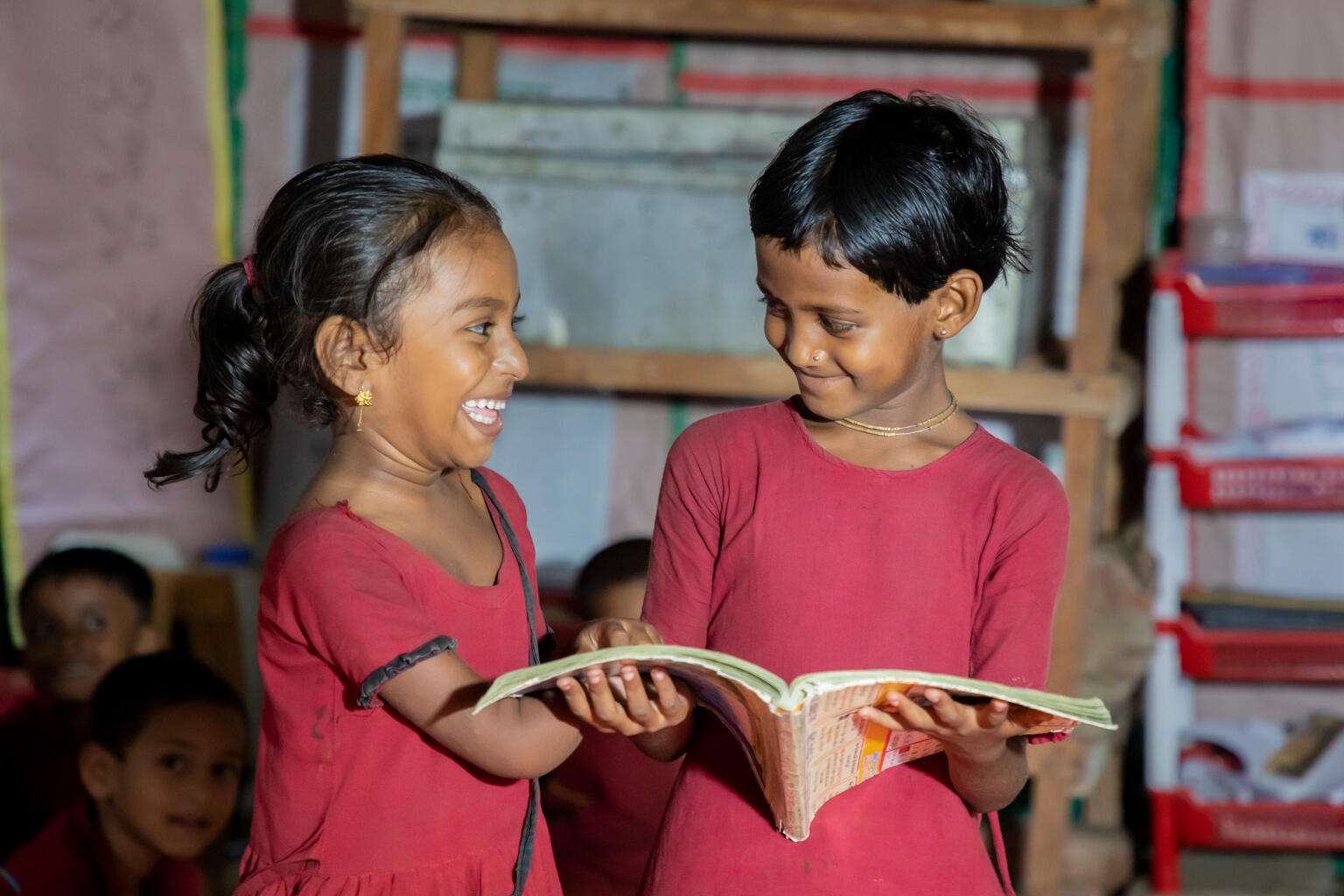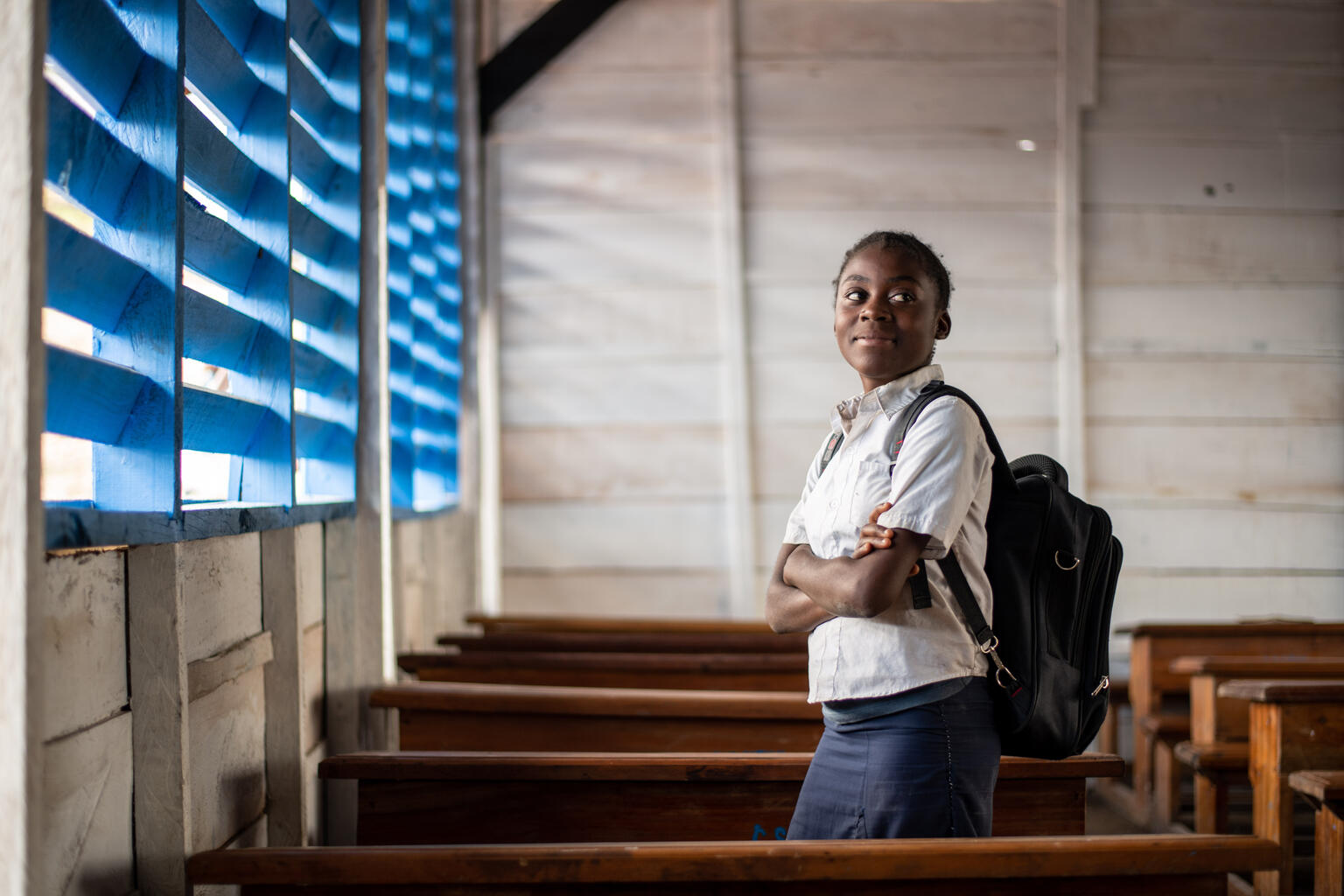Modern Diplomacy: Education Must Come First in Cameroon: Yasmine Sherif calls for an end to attacks on schools
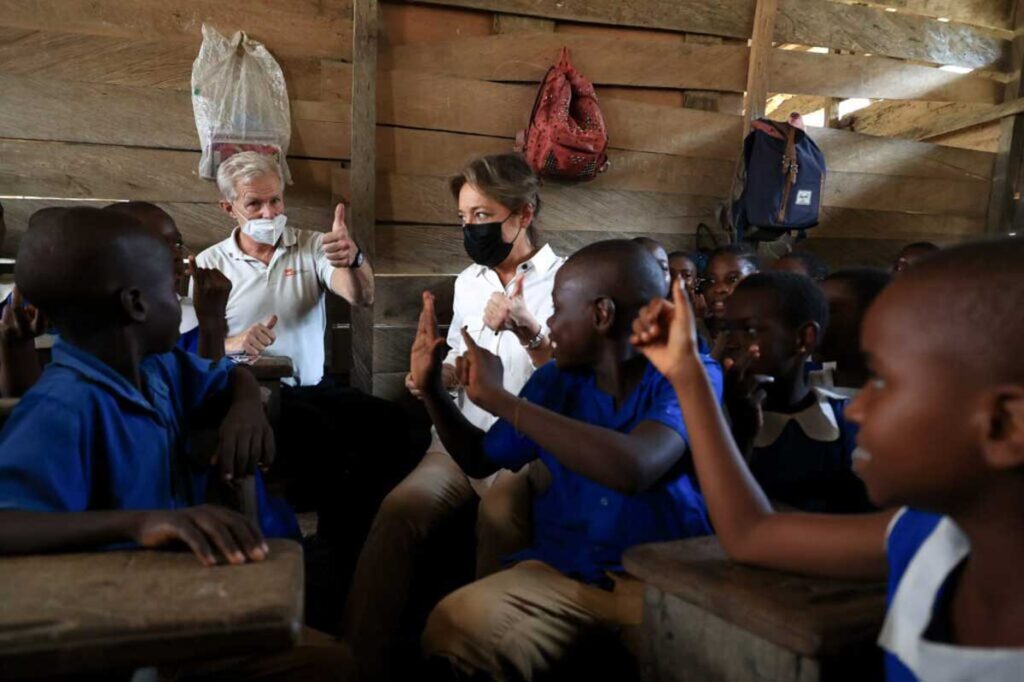
Article re-posted with permission from Modern Diplomacy.
The future of humanity hangs in the balance. Acute threats of conflict, COVID-19, climate change, poverty, displacement, hunger and other factors are pushing millions more people – with children the most vulnerable and hardest hit – to the edge in humanitarian crises around the world.
We can save humanity from these vast interconnected crises, including at the humanitarian-development nexus where humanitarian assistance delivery and long-term development assistance provision overlap. The answer is education.
On a recent mission to Cameroon with the Secretary General of the Norwegian Refugee Council, Jan Egeland, I saw firsthand the impact these combined destructive forces are having on children living on the frontlines of one of Africa’s forgotten crises.
Today in Cameroon, over 700,000 children are out of school. If this alone were not bad enough, we are also witnessing truly horrific attacks on schools, kidnappings, sexual assault, recruitment into armed groups and other grave violations against children.
Just two weeks ago, four students and a teacher were killed in an attack in Cameroon. In a separate heinous incident, one girl had her fingers viciously chopped off just for trying to go to school, according to UNOCHA.
End Attacks on Schools
Children are not targets. Teachers are not targets. Schools are not targets. These senseless attacks on basic human rights – and on our collective humanity – must stop immediately. Respect for human rights and adherence to the principles of international humanitarian law must be reinforced.
Nations around the world need to sign on to the Safe Schools Declaration and commit to its principles that ensure every girl, every boy and every teacher has the right to go to school without fear of violence or attacks.
Education is the most solid foundation upon which we will build a more peaceful, more prosperous society, not just in Cameroon and neighboring countries, but across the world.
Think about the economic case for investment. Every dollar spent on girls’ education has the potential to generate a general return of $2.80, according to recent analysis from our partners Plan International. This could boost GDP in developing countries by 10% over the next ten years. This means less poverty, less hunger and less violence.
The Climate Crisis
From our visits with government partners, students and local leaders in Cameroon, it became very clear that the climate crisis is also a major factor. According to UNHCR, climate change is fueling clashes and triggering displacements as people fight over dwindling water supplies and droughts disrupt lives and livelihoods.
140 million people are expected to be displaced by climate change by 2050 across South Asia, sub-Saharan Africa and Latin America. Girls are especially vulnerable. According to the Malala Fund, 12.5 million girls will miss out on an education every year if we do nothing about the climate crisis.
As people battle over scarce resources and flee record-breaking temperatures and droughts, children and adolescents are being left behind.
Education is key in responding to the climate crisis. Educated children build resilient economies and societies. They have higher earning potential. They build strong institutions and governance – the essential components for low-carbon climate-resilient development.
Without 12 years of education, we will never reach our goals of keeping the global temperature rise below 1.5 degrees. Investments in education are investments in people, communities, countries and our planet.
Girls First
Across all of Education Cannot Wait’s investments, we are putting girls first. In all, girls account for approximately 60% of beneficiaries for our multi-year investments.
For girls in Cameroon, this means a chance to attend school for the first time. It means a chance to become a doctor instead of a child bride. It means protection from rape and assault.
Our Humanitarian Call to Action in Cameroon
We can no longer turn a blind eye when innocent little girls have their fingers chopped off simply because they want to learn to read. We are better than this. This is our human case for investment in education.
In Cameroon, Education Cannot Wait will be contributing US$25 million toward a new multi-year educational response that will launch next year. We need an additional US$50 million in immediate support to fully fund the response, which will provide a quarter of a million children with the safety and opportunity of quality learning environments.
That’s a quarter of a million children that can learn to read and learn to write. A quarter of a million children that can become leaders and doctors and teachers and poets. A quarter of a million children that can put down their weapons and come together to build a more peaceful, more prosperous society.
Our Global Movement
Armed conflicts, forced displacement and climate-induced disasters have pushed more than 128 million children out of school; further exacerbated by the ongoing COVID-19 pandemic. These children have an inherent human right to 12 years of safe, quality education.
Education Cannot Wait, along with key partners such as the Norwegian Refugee Council, are calling on world leaders to urgently mobilize US$1 billion in immediate relief. We call on the private sector and the world’s billionaires to also get involved, contribute and help make an immeasurable difference in the lives of the world’s most vulnerable children.
With these expanded resources, we will reach millions of children with the power, hope and opportunity of an education. The lives of crisis-affected children worldwide, including those in Cameroon, depend on it. Our humanity depends on it.

